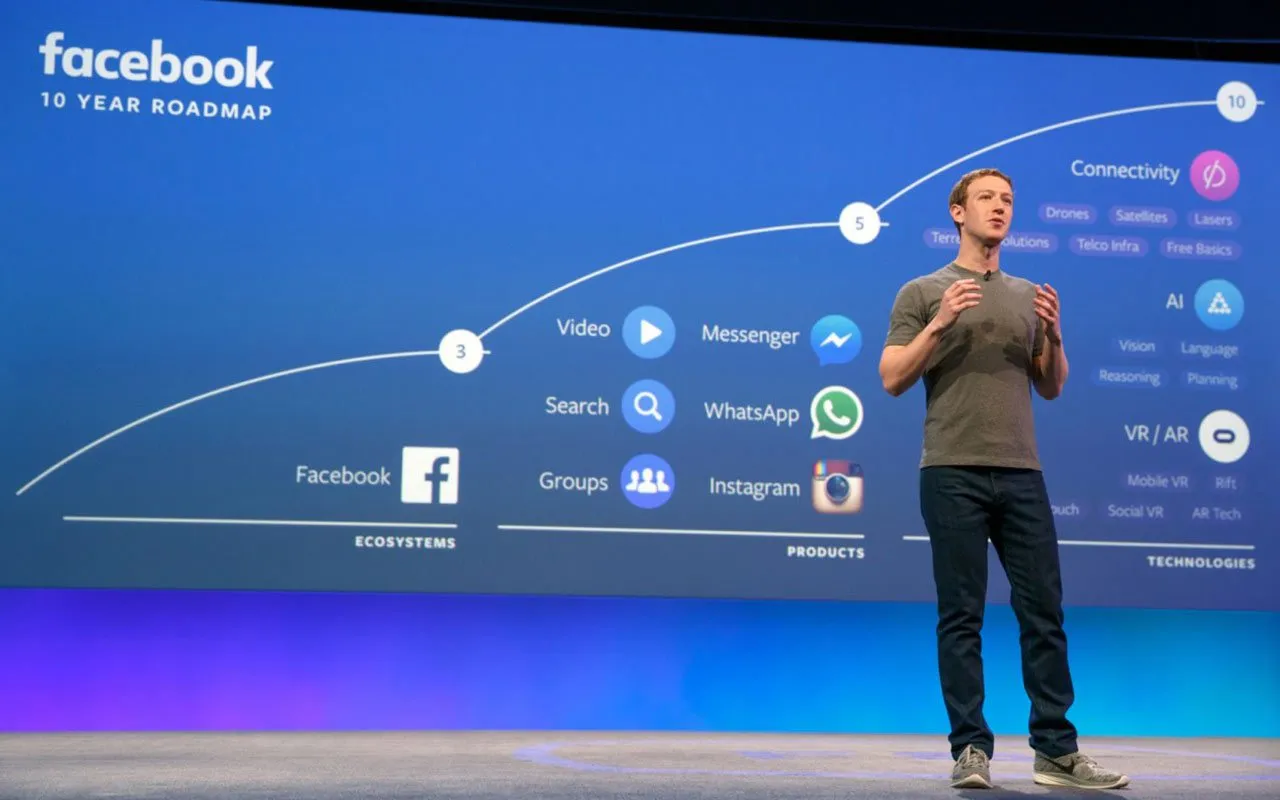How did Zuckerberg dismantle a $64 billion scam network through a dating app?

Meta Platforms, under the leadership of Mark Zuckerberg, has launched an aggressive initiative to combat the growing threat of online scams. One of the most dangerous types of fraud currently making waves is the “pig butchering” scam, which has resulted in staggering losses of up to $64 billion annually. Through their efforts, Meta is working to protect users from falling victim to these sophisticated fraud schemes, which primarily target individuals through dating apps and cryptocurrency platforms.
Table of Contents
ToggleThe Rise of Pig Butchering Scams
The pig butchering scam is a form of online fraud that preys on victims through months-long fake relationships, often beginning with seemingly innocent conversations on dating platforms or messaging apps like WhatsApp and Telegram. Once a connection is made, scammers persuade their targets to invest in fraudulent financial projects, many of which revolve around cryptocurrency schemes. These scams often take months to unfold, with fraudsters using carefully crafted stories to gain the victim’s trust before swindling them out of large sums of money.

As noted by the U.S. Institute of Peace, nearly 300,000 people have fallen victim to such scams, resulting in total losses estimated at around $64 billion annually by 2023. The global scale of these scams has led to widespread concern, and Meta has taken a strong stance against such fraudulent activities.
Meta’s Efforts to Combat Online Fraud
Meta has taken significant steps to address the issue, including removing over 2 million accounts linked to fraud in 2023 alone. The company is also implementing proactive measures to alert users about potentially fraudulent messages on platforms like Facebook, Instagram, and WhatsApp. These efforts are part of a broader strategy to tackle online fraud, focusing on early detection and prevention.
In addition to internal measures, Meta has joined forces with other major players in the industry. In May 2024, Meta partnered with Match Group, which owns popular dating apps like Tinder and Hinge, and several cryptocurrency companies to form the “Tech Against Scams” coalition. This alliance aims to share information about scammers, improve fraud awareness, and ultimately reduce the prevalence of such schemes across digital platforms.

Addressing Criticism and Ongoing Challenges
Despite Meta’s proactive efforts, the company has faced criticism regarding its role in enabling such scams. In early 2023, the Korea Fair Trade Commission launched an investigation into Meta for allegedly failing to protect consumers on its online platforms. The company was accused of not taking sufficient action to prevent fraudsters from exploiting its services for illegal activities. Furthermore, Mark Zuckerberg was involved in a lawsuit in December 2022, related to the use of Meta’s platform in a fraudulent cannabis investment scam.
These ongoing challenges highlight the difficulty of fully controlling fraudulent activity on massive digital platforms like those operated by Meta. However, the company’s commitment to enhancing its security measures demonstrates a recognition of the issue and a willingness to take further steps to protect users from the dangers of online scams.
The Road Ahead: Fighting Fraud in the Digital Landscape
The rise of online scams, particularly pig butchering, underscores the need for increased vigilance and security in the digital space. Meta’s actions to remove fraudulent accounts, collaborate with other tech giants, and raise awareness are important strides in the fight against online fraud. However, as digital spaces continue to evolve, it will remain critical for companies, users, and regulators to work together to ensure that the digital landscape remains safe and secure for everyone.









Post Comment